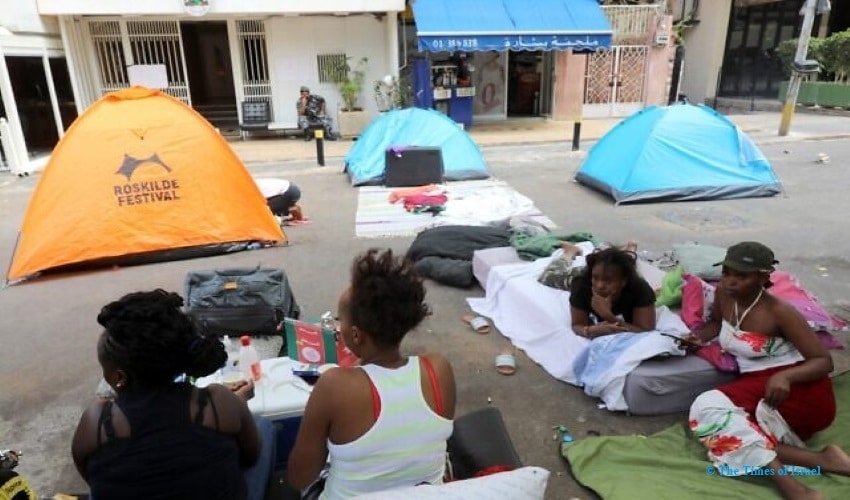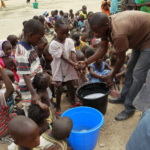
The United Nations migration agency says the blast has wrecked homes where numerous migrant workers were living in dubious conditions.
The United Nations migration agency says the blast has wrecked homes where numerous migrant workers were living in dubious conditions. Nonetheless, the current month’s port explosion that destroyed the port of Beirut worsened the situation of migrants even further as they were already confronting a financial crisis and battling the coronavirus pandemic too.
On August 4, 2020, Beirut’s port was shaken by a gigantic blast killing almost 200 individuals, injuring around 600,000, leaving 300,000 people homeless and thousands are as yet missing. The blast has additionally declined the situation of the weaker segment of the Lebanese society, specifically for the refugees and the migrant workers. The Reuters stated.
The #BeirutBlast has driven more migrant workers into poverty and increased their risk of exploitation.
— Jeff Labovitz (@labovitz) August 24, 2020
The concerns and needs of migrants must be kept at the forefront of the response to this emergency. https://t.co/8GRpgLUJi9
Sierra Leonean traveler Lucy Turay told The Reuters, that everything is going from awful to more terrible for us and we simply need to return home,” including that she is unable to find work as a domestic aide and pay the fees of her siblings education back home.
According to the Human Rights group around 250,000 foreign laborers stay in Lebanon, many work unlawfully under the nation’s kafala sponsorship system which connects them to one supervisor and that can prompt abuse.
Including migrants from Bangladesh, Ethiopia, and the Philippines, comprises around 25,000 of the 300,000 individuals impacted by the blast, who are in a serious need shelter, food, cash for taking care of bills, health insurance, and aid to go back home, The International Organization for Migration (IOM) stated.
The IOM has launched a call to raise $10.3 million to support 43,000 migrant laborers and displaced people who have been impacted by the explosion.
Article Credit: Reuters/ Business & Human Rights Resources







